Lebanon’s crisis-fuelled cholera outbreak spreads across the country
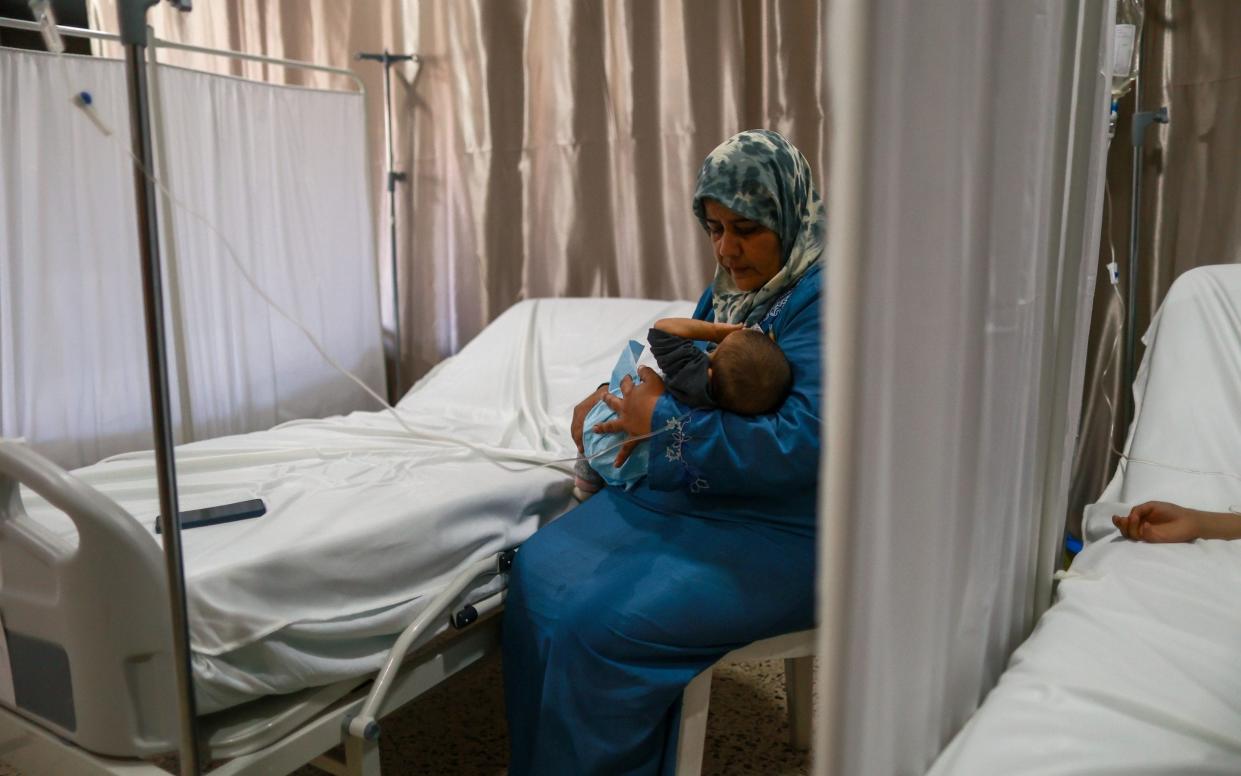
It has been fewer than two months since Lebanon reported a single case of cholera, the first in the country since 1993.
That was on October 6. Since then, cases have continued to climb, sparking concern from the World Health Organization that Lebanon’s already-precarious healthcare system could be pushed to the brink.
More than 4,000 suspected and confirmed cases have been recorded so far, with children under 14 making up the majority of cases. At least 20 people have died.
People become infected with Cholera after ingesting food or water contaminated with a bacteria called Vibrio cholerae. It causes severe diarrhea, can kill within hours if untreated, and is closely linked to inadequate access to clean water and sanitation facilities.
The first cholera case in Lebanon was detected in the rural northern province of Akkar, according to the Health Ministry, which has become, along with the country’s northeast, the epicentre of the outbreak. These areas border Syria, where a cholera outbreak has infected more than 10,000 people and killed dozens, according to the Syrian Ministry of Health.
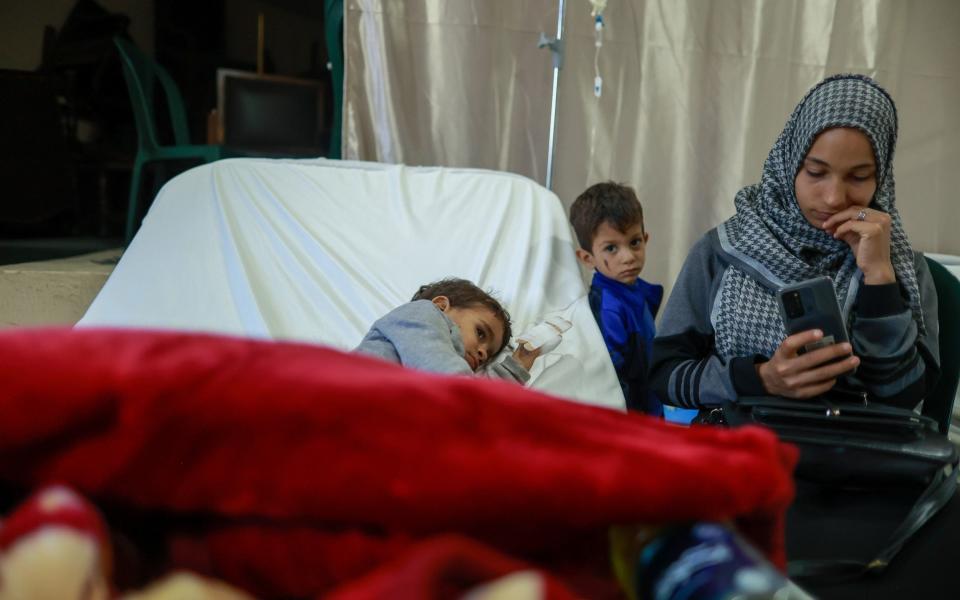
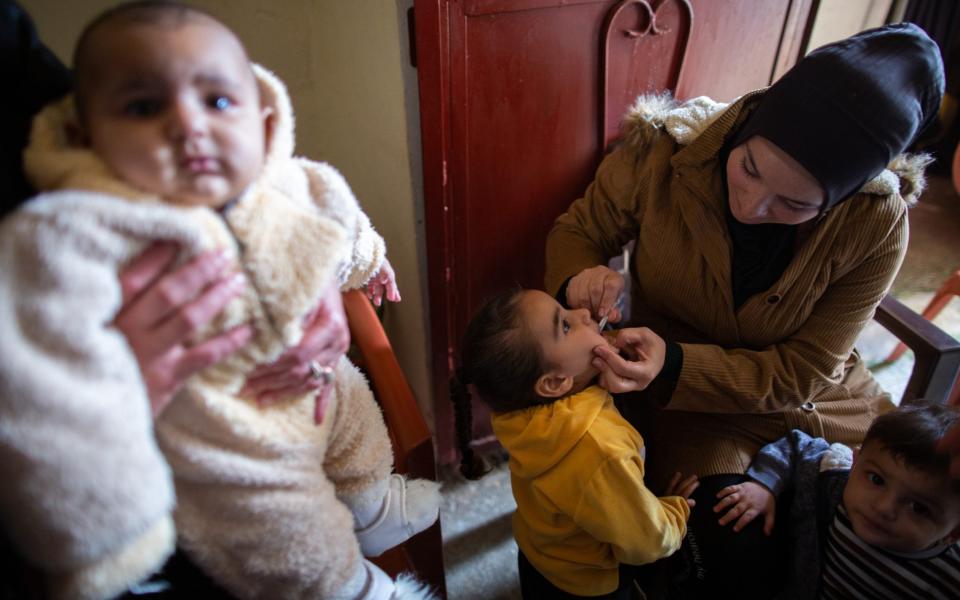
The bacteria might have trickled down the porous border between the two countries as people can circulate freely, experts say.
Experts say those issues, coupled with severe energy lags making water filtration plants less effective, are making it harder to contain the disease.
The outbreak is the latest stressor in a country already facing financial collapse, a dysfunctional electricity sector, water shortages along with inadequate solid waste and wastewater management.
Deadly, but preventable
“Cholera is deadly, but it’s also preventable through vaccines and access to safe water and sanitation. It can be easily treated with timely oral rehydration or antibiotics for more severe cases,” says Dr. Abdinasir Abubakar, WHO Representative.“The situation in Lebanon is fragile as the country already struggles to fight other crises – compounded by prolonged political and economic deterioration.”
Field hospitals have been set up to respond to rising cases and former Covid-19 wards have been converted into cholera treatment facilities in a few medical centres in the country. Free chlorine doses are also being distributed to people who get their water from tanks and need them disinfected.
Meanwhile, a vaccination campaign kickstarted on November 12 with 600,000 doses sent to the country. Some 34,000 oral cholera vaccines have been distributed in high-risk areas in coordination with international and local agencies so far. Advocates say they’re targeting Lebanese communities and refugees living in poor and overcrowded areas in Lebanon, where the chance of contracting cholera among other infectious diseases is higher.
Still, experts stress real solutions must tackle the environmental conditions that set the stage for the current outbreak; like a lack of safe water, basic sanitation and good hygiene practices in cholera hotspots. Local activists say those efforts have been slow to materialise so far.
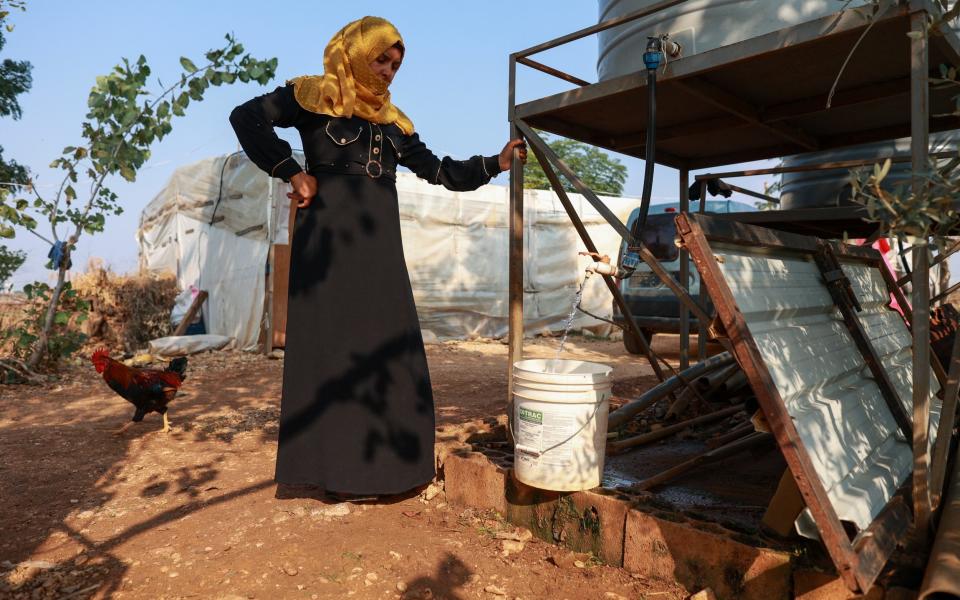
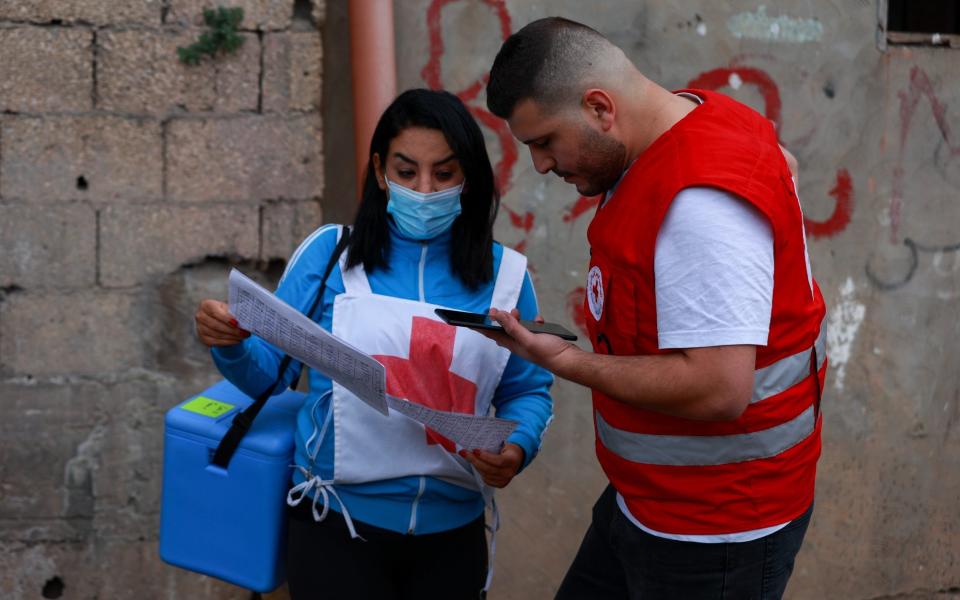
The United Nations High Commissioner for Refugees, or UNHCR, says it was working with the Health Ministry, other UN agencies and NGOs to help halt the outbreak.
“UNHCR is leading the implementation of the national vaccination campaign, on behalf of- and with support from the Ministry of Public Health, to ensure access to the oral cholera vaccine for all populations living in high-risk areas in the country,” says Paula Barrachina Esteban, Head of Communications and Spokesperson for UNHCR Lebanon. “The agency is also supporting refugee cholera patients, covering hospital admission cost for severe patients.”
International agencies have also helped converting Covid-19 facilities into cholera treatment centres in Halba and Tripoli Governmental hospitals, and in the country northeast and dispatched emergency stock of medicines and supplies to several treatment centres across Lebanon.
An estimated 1.3 to 4.0 million cases of cholera occur each year worldwide, according to researchers. Around 21, 000 to 143 000 of those are fatal.
Protect yourself and your family by learning more about Global Health Security

 Yahoo Movies
Yahoo Movies 
